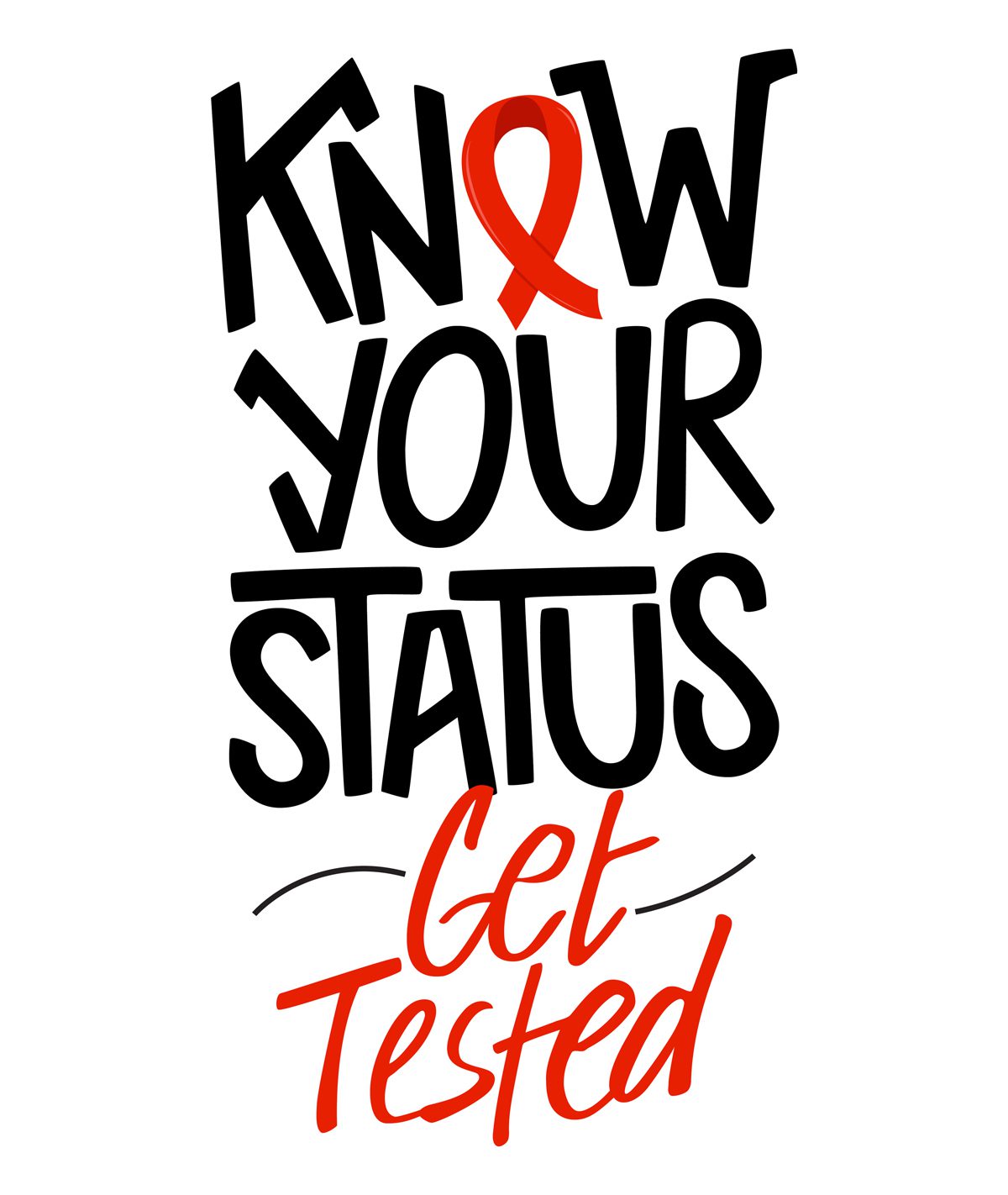June is National HIV Testing Day June 27th
An estimated 1.2 million people in the United States have HIV, including about 158,500 people who are unaware of their status.
June brings with it an important occasion for promoting health and raising awareness – HIV Testing Day. (June 27th) On this day, we come together to highlight the significance of HIV testing, encouraging individuals to get tested and empowering them with knowledge about their HIV status. By promoting early detection, we can ensure timely access to care, support, and treatment, ultimately working towards an HIV-free future.
Understanding HIV
HIV (Human Immunodeficiency Virus) is a virus that attacks the body’s immune system, compromising its ability to fight off infections and diseases. Left untreated, HIV can progress to AIDS (Acquired Immunodeficiency Syndrome), a condition characterized by severe immune system impairment. However, with early diagnosis and appropriate medical care, individuals living with HIV can lead long and healthy lives.
HIV Testing Day serves as a reminder that knowledge is power when it comes to our health. By taking the initiative to get tested, we not only protect ourselves but also contribute to a healthier society. Early detection, access to care, and supportive communities are crucial in combating HIV. Let us unite in our commitment to ending HIV stigma, promoting testing, and ensuring that all individuals have the resources and support they need for a healthy and fulfilling life. Together, we can make a difference in the fight against HIV/AIDS.
Importance of HIV Testing
Getting tested for HIV is a crucial step towards safeguarding individual and public health. Here’s why HIV testing is so vital:
Early Detection:
HIV can remain asymptomatic for an extended period, making it essential to get tested regularly. Early diagnosis allows for early intervention, improving treatment outcomes and preventing the spread of the virus to others.
Treatment and Care
Knowing your HIV status empowers you to seek appropriate medical care and support services. Antiretroviral therapy (ART) has revolutionized HIV treatment, effectively suppressing the virus and enabling individuals to lead fulfilling lives with reduced health risks.
Preventive Measures:
If you test positive for HIV, you can take steps to prevent transmission to others. By practicing safe sex, using condoms consistently, and sharing your status with sexual partners, you can protect both yourself and your partners.
Reducing Stigma:
HIV testing contributes to reducing stigma associated with the virus. Promoting testing and open discussions helps to normalize the process, creating an environment of acceptance, support, and understanding.
This video from the CDC explains the reasons why you should get tested for HIV.

